In today’s technology-driven world, the oil and gas industry heavily relies on robust and reliable communication networks to ensure efficient operations. The network cable termination is a crucial aspect of establishing a stable and high-performance network infrastructure.
This blog will focus on Cat 6, Cat 6A, and Cat 7 cable termination, highlighting their applications and benefits within the oil and gas industry.
Understanding the Importance of Cable Termination
Effective cable termination plays a vital role in ensuring signal integrity, minimizing data loss, and maximizing network performance. It involves the proper connection of cables to networking devices and components, such as connectors, panels, and outlets. High-quality termination techniques are especially critical in the oil and gas industry, where network reliability is essential for safety, productivity, and monitoring.
Different Network Cables Used in the Oil and gas industry
Cat 6 Cable Termination
Cat 6 cables are widely used for Ethernet networks and offer significant advantages in terms of transmission speed, bandwidth, and interference resistance. When terminating Cat 6 cables in the oil and gas industry, adhere to proper techniques, including the selection of appropriate connectors, cable management, and grounding methods.
Cat 6A Cable Termination
An enhanced version of Cat 6, Cat 6A cables are designed to support higher data rates and improved performance over longer distances. The oil and gas industry often requires robust networking solutions due to challenging operational environments. Proper termination of Cat 6A cables will ensure reliable data transmission, reduce crosstalk, and maintain signal integrity.
Cat 7 Cable Termination
Cat 7 cables are the most advanced copper-based Ethernet cables available, offering even higher bandwidth and improved shielding capabilities. Cat 7 cables are well-suited for the oil and gas industry’s communication needs as they can handle demanding applications and harsh environments.
Specific considerations and best practices
Cat 6 cables that are specifically designed for industrial or harsh environments. These cables are typically more durable, have enhanced insulation, and are resistant to chemicals, moisture, and extreme temperatures.
High-quality connectors that are suitable for Cat 6 cables are selected, which can withstand the environmental conditions in the oil and gas industry. Shielded connectors are used for added protection against electromagnetic interference (EMI) and crosstalk.
Cable trays, conduit, or appropriate cable management solutions are used to secure the cables and prevent them from being exposed to hazards like sharp edges, chemicals, or excessive heat.
Industry standards and guidelines for grounding practices are followed strictly, to maintain signal integrity and prevent potential damage to equipment from electrical surges and static electricity.
It is important to contact professionals like Vivo Asia Engineering & Trading to ensure that the network cable termination is done properly. The team is well-versed in industry compliances and will ensure that the relevant safety measures are in place.
The team is also experienced in selecting the right cables, termination techniques, testing and certification and documentation and labeling.






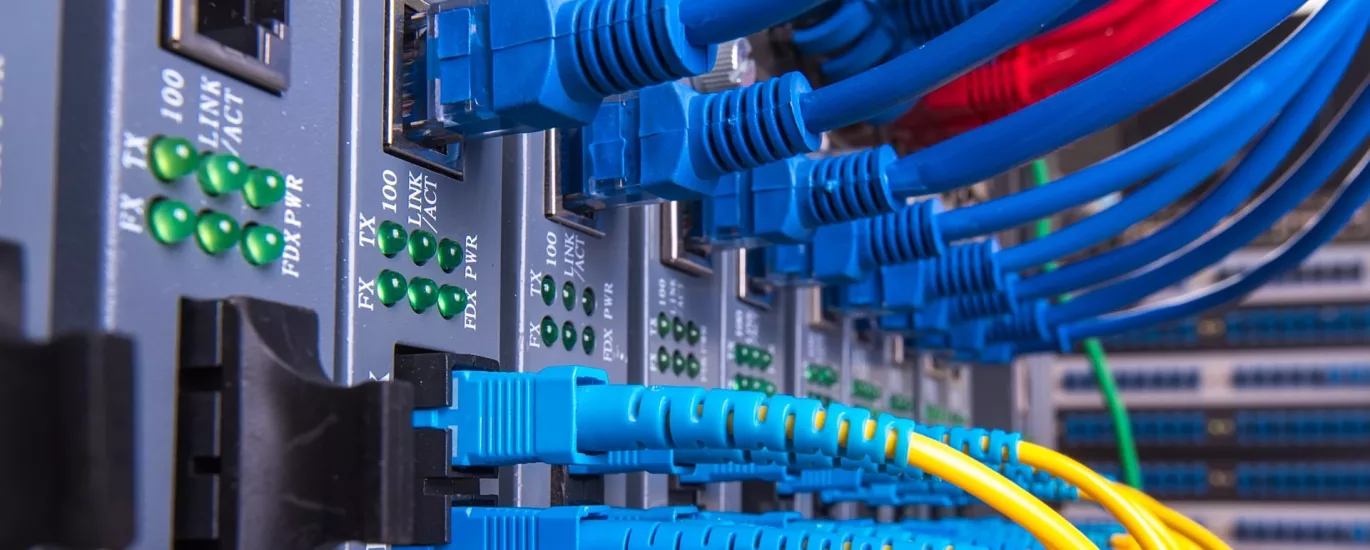
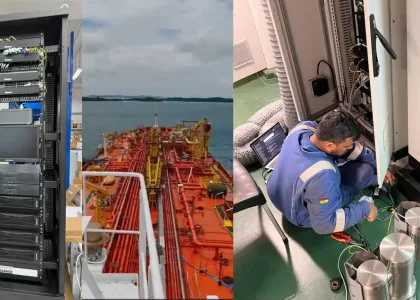
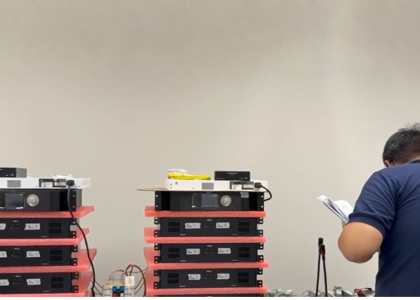
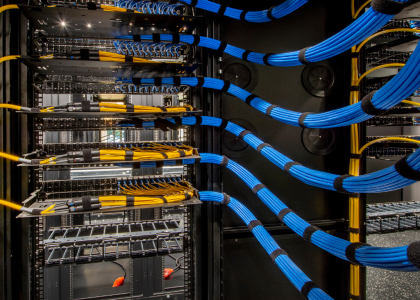
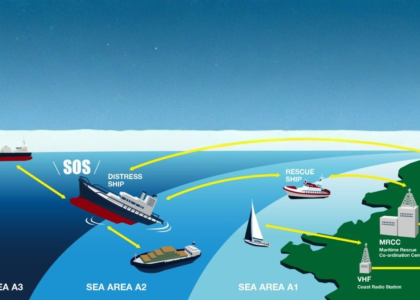
Really helpful breakdown on cable termination! As someone who works in the field, I can say proper termination is often underestimated but plays a critical role in overall network performance. I liked that you emphasized the difference between 568A and 568B standards—it’s something even some techs still mix up. Great read for both beginners and pros looking to refresh their knowledge. Thanks for the clear and practical info!